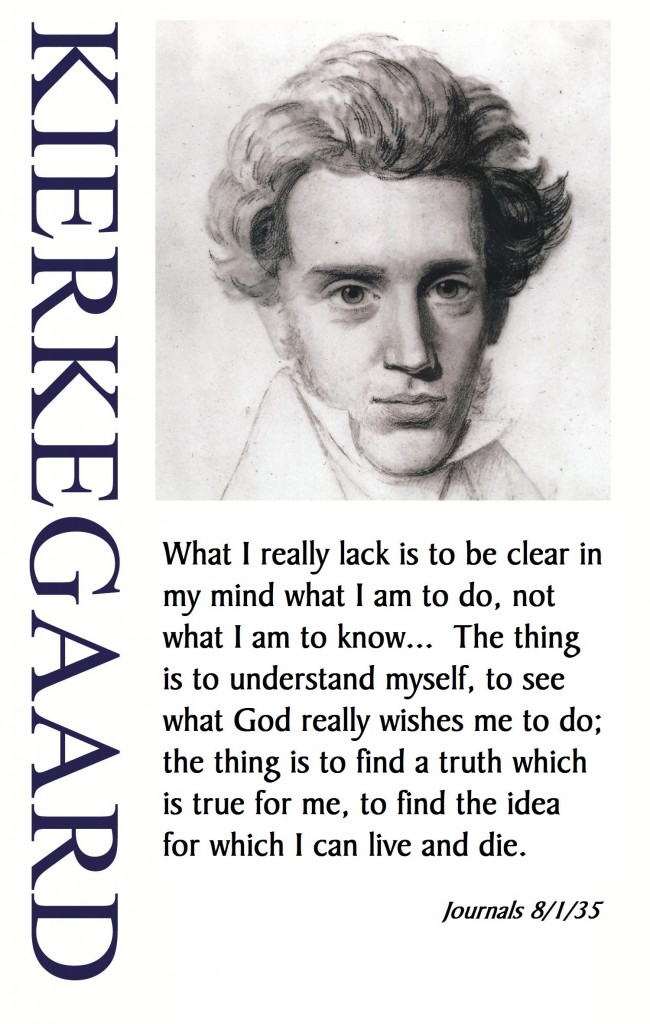Here is a gem from our own Bob Denham, a remarkable piece on “Northrop Frye and Soren Kierkegaard.” It is the latest piece of peer reviewed scholarship we have posted in the journal. I am sure readers will find it of the greatest interest. Two main pivots of Frye’s complex thinking about the metaliterary – creative repetition and primary concern – are beautifully teased out and developed here. As only he can do, Bob shows in detail the development of these concepts from their very first appearance in Frye’s writings, including of course his notebooks and diaries, to their fullest fruition at the end of his career. The article bears more than one reading to appreciate the full effect. I am delighted to say that there is more to come from Bob on Frye and his relationship to other thinkers. It occurred to me today what a good job I have here: I get to read papers about Northrop Frye written by Bob Denham.
We expect Bob’s next paper to be “Northrop Frye and Aristotle,” and hope to have it posted soon.
We also wish to thank Clayton Chrusch for his time and effort to format the charts that appear in the paper. It takes a fair amount of work to get them looking so good. He is always unfailingly our good friend and generous colleague.


Bob I like very much that you highlight this idea in Frye, which I think is very important and a key to understand much of Frye’s attitude to religion and ideology:
“But Kierkegaard, like so many deeply concerned people, is also saying that passing over to concern gives us the genuine form of freedom, that concern and freedom are ultimately the same thing. This is the bait attached to all ‘either or’ arguments, but it does not make the hook any more digestible.”
Your comment on this is extremely useful to me:
“Kierkegaard wants to transcend the speculative and disinterested in favor of the commitment of ethical freedom, but the either/or dilemma can itself be transcended.”